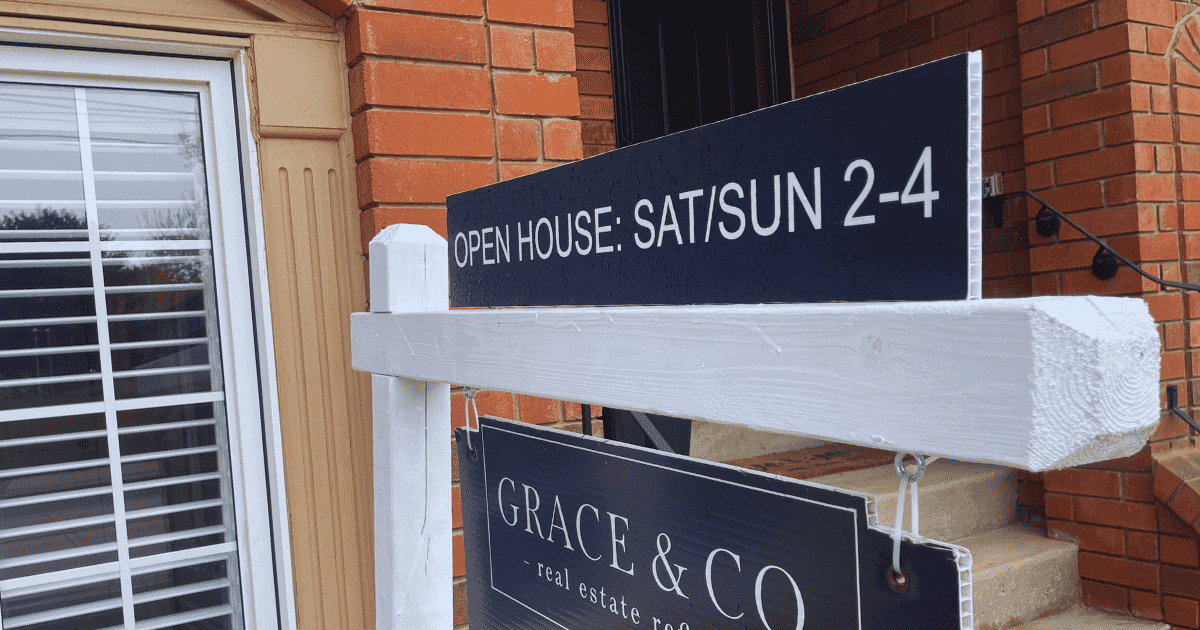Referrals from other agents are like gifts from the real estate gods. The key is figuring out how to get them.
Holly McIntyre, a sales representative with The Realty Firm in Ingersoll, Ont. shares her thoughts on agent referrals: “Agents mainly ask other agents if they know of someone they would recommend. Or, what I find quite popular these days is posting on agent Facebook groups, asking if they know of an agent that they would recommend in a certain city.”
She says she recently received a referral from an agent in Barrie who heard of her from the agent’s broker. “I think it’s more of who you know or who’s heard good things about you. I used to work for Century 21 and networking with a large brokerage like that would always help as well. Going on any kind of real estate-related training courses or conventions helps out a lot as well. You get to meet a lot of agents from all over who may need a home listed in your area or to help their buyers relocate.”
Some real estate firms have in-house referral networks established for their agents. For example, Select Referrals is an organization that Re/Max and Royal LePage agents can join to receive referrals from other real estate professionals. One of the company’s goals is to expand the referral base of the agents to garner them more leads.
While in-house referral network systems can be an invaluable referral source, they are not an option for all agents. If a firm doesn’t have a referral program, agents can join a real estate referral network such as Canada Referral, Proxio, Real Estate Referral Place or Agent Pronto, among others.
Marvin Sommers, an associate broker with Royal LePage Noralta Real Estate in Edmonton, works hard to get referrals from other agents. “My higher than normal referral fee to other agents has helped me build up a referral network across the country. Even though I offer a higher referral fee, I still have to work very hard to retain each and every lead. Roughly 75 per cent of my business is referred from clients and friends, 15 per cent from other agents and 10 per cent repeat clients. This didn’t happen overnight. The first 10-15 years in the business I spent building a strong foundation of clients. In my opinion, there is no shortcut to success. It takes a lot of hard work and I always treat each client the way I would like to be treated.”
The average referral cost from another agent or broker is 25 per cent of a transaction side. But as with most things in real estate, that figure can be negotiated. Like Sommers, some agents offer more right off the bat, say 30 per cent. Get the details in writing to cover your end of things, whether you are referring a client or are on the receiving end of a referral.
Other ways to increase your chances of getting agent referrals from Canada and beyond include:
- Ask for referrals from agents and brokers. You won’t get any if you don’t ask.
- Travel to a city in another province or country that sees a lot of traffic from your hometown. Network with half a dozen agents there and establish referral partnerships. Include information about the other location on your website.
- Connect online with agents who don’t live near you. Comment on their blog and Facebook posts to get a dialogue going. Get active on LinkedIn with other agents. Keeping your name in the forefront of their minds will increase the likelihood that they think of you when they have a referral for an agent in your city.
Dave Markus, a sales consultant and associate broker at Century 21 Dome Realty and the president-elect of the Association of Regina Realtors in Regina, estimates that 20 to 30 per cent of his total commissions originate from referrals from other agents. He has a three-pronged approach to building an agent referral system:
“One – It’s all about relationships. You have to meet and engage with agents that work areas outside of where you work. A good way to do that is to attend larger-scale industry events and conventions like Banff Western Connection or the CREA AGM. Another great way is to volunteer for your boards and associations.
“Two – Make sure you can provide value to those referral relationships. An agent considered an expert in their local market is much more attractive to out-of-area clients. That means more than just knowing what’s for sale and what rate they can get. It means being able to provide a boatload of local information that’s not always easy to find, like the best school in town, who makes the best steak, or where are they planning to build the new Costco. Knowledgeable local experts hold the keys to those answers and that’s a real value-added experience.
“Third – Give to receive. If you can be a source of referrals for other agents, you can quickly gain a reputation for being the go-to when someone has a referral to send. No better way to start a new relationship than by saying, ‘Here’s a referral – go make some money!’”
What about the law of reciprocity? If an agent refers a client to you, do you need to reciprocate in the future?
“Referral relationships should go both ways when possible to be most effective,” says Markus. “That said, I already have solidified referral relationships in some geographic areas (Saskatoon, for example) so if I receive a referral from another agent in that area, I’ll definitely take it and serve the client, but that probably won’t change that my next referral sent will still go to my regular Saskatoon guy!”
Agent referrals tend to have a much higher closing rate than clients who found you randomly online or through advertising. After all, you already have built-in credibility thanks to the referring agent. It’s a win-win all around!
Toby Welch is a contributing writer for REM.

















